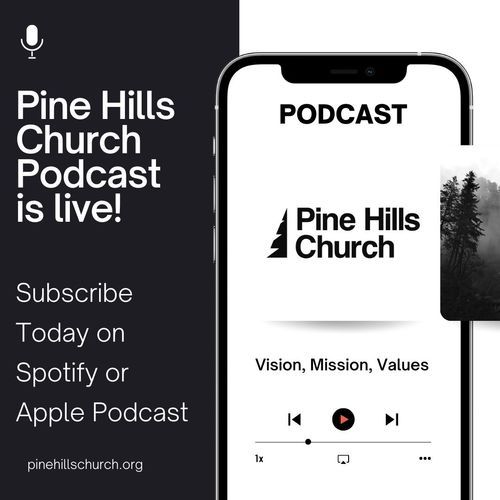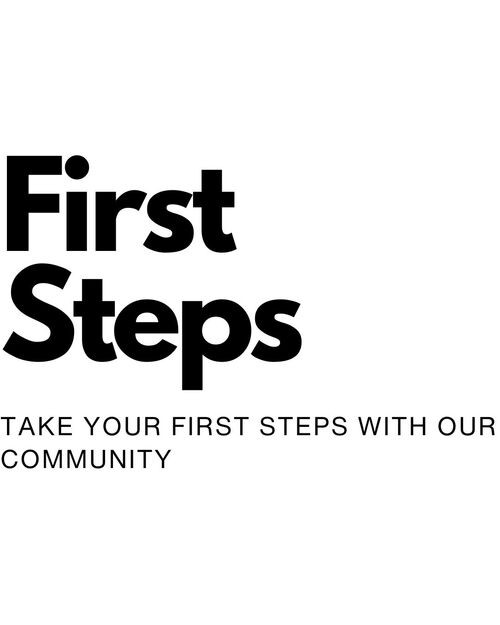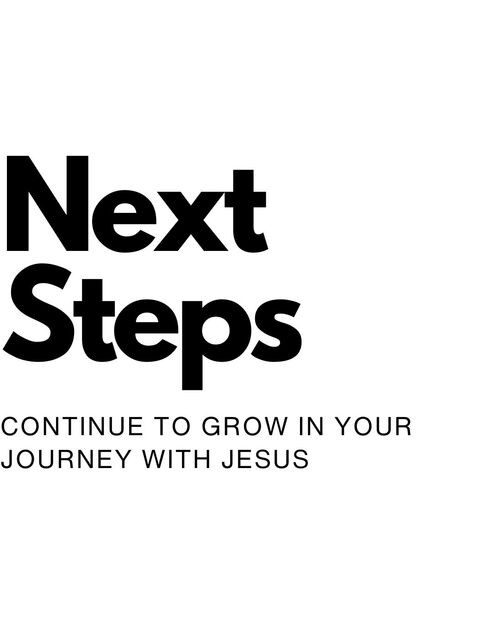Church Gathering Rhythm:
School Gatherings: 1st and 3rd Sundays
House Gatherings: 2nd and 4th Sundays
5th Sunday: Serve or Rest
House Gatherings: 2nd and 4th Sundays
5th Sunday: Serve or Rest
Upcoming Gathering Schedule:
- 01/18-School Gathering
- 01/25-House Gathering
- 02/01-School Gathering
- 02/08-Home Gathering--Super Bowl Party
- 02/15-School Gathering
- 02/22-Home Gathering
Start Here
Most recent teaching at Pine Hills Church:
Sunday Gatherings
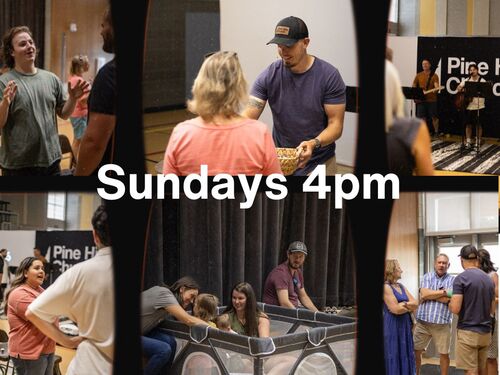
Come join us for a Sunday Gathering at Pine Hills Church. Find out more information and to let us know you are planning to come. Please click the "Plan Your Visit" button below.
1st and 3rd Sundays of the Month at 4:00pm
Pine Hills Church @
Silver Rail Elementary
61530 SE Stone Creek Ln
Bend, OR 97702
1st and 3rd Sundays of the Month at 4:00pm
Pine Hills Church @
Silver Rail Elementary
61530 SE Stone Creek Ln
Bend, OR 97702
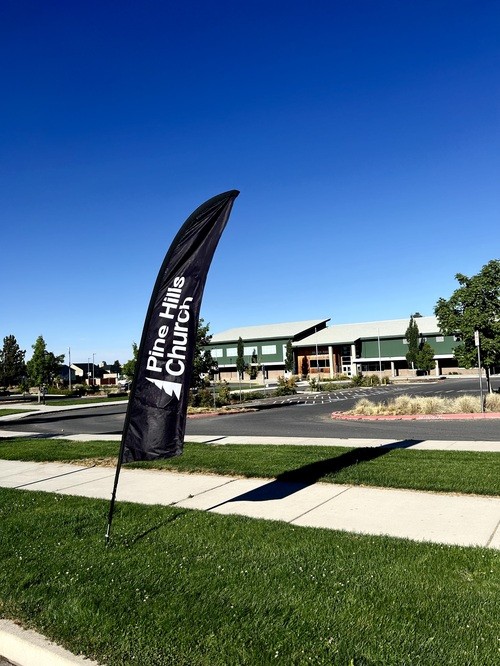
Pine Hills Church Planted in Bend in 2023
Pine Hills Church desires to be a community where people feel comfortable in exploring who Jesus is, what He was like, and what that might mean for their lives. We want to connect with people who don't yet know Jesus, people who have tried church but never engaged well with Jesus’ way of doing life, and we want to help people connect their vocation with God's greater purposes. We want Bend, Oregon to be just a bit better because we collectively strive to love to the city well through our gifts, talents, and passions.
Ways to Connect
Subscribe to the Pine Hills Church Podcast.
We are excited to have a platform that we are able to share the conversations we are having in our community as well as the stories from people like you who are finding a greater sense of hope in Jesus. This is the place to learn more about the vision of Pine Hills Church as well as what it means to Practice the Way.
